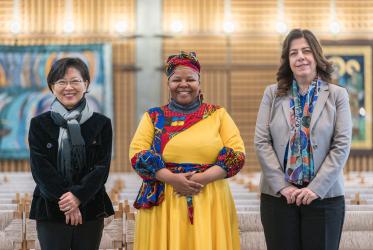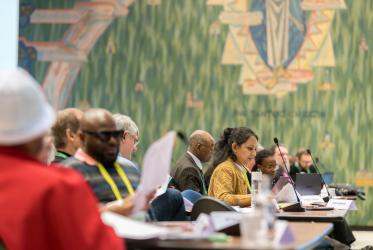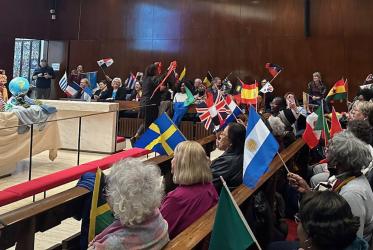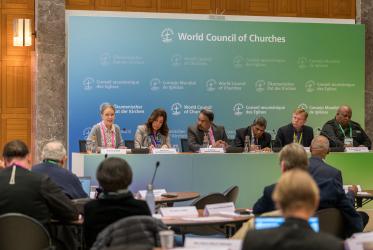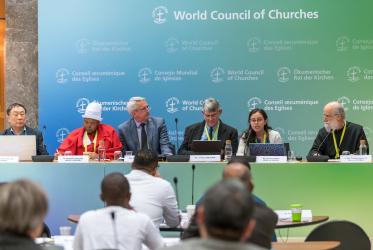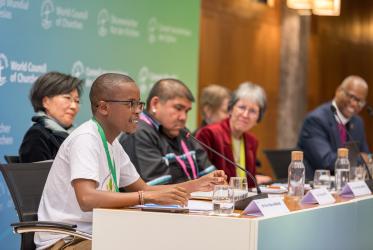Displaying 101 - 120 of 13077
Trois commissions du COE élisent leur vice-présidente
14 March 2024
On International Women’s Day, “we want us alive”
13 March 2024
Three WCC commissions elect vice moderators
08 March 2024


